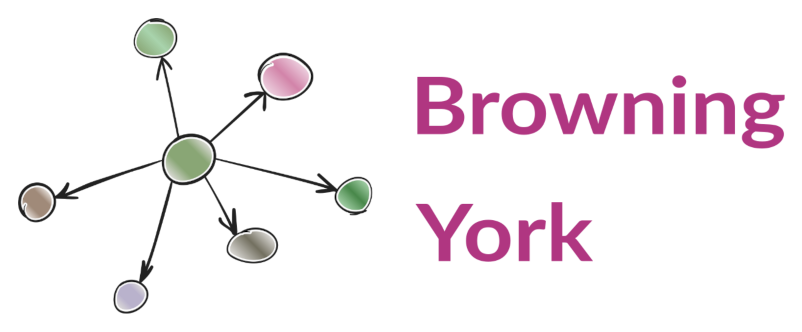 If you are making assumptions about your colleagues’ meanings and motivations, either consciously or not, chances are that the communication between you is not working very well. And while this isn’t great in any situation, it can be particularly problematic during a global pandemic (or any other time of pressure and uncertainty).
If you are making assumptions about your colleagues’ meanings and motivations, either consciously or not, chances are that the communication between you is not working very well. And while this isn’t great in any situation, it can be particularly problematic during a global pandemic (or any other time of pressure and uncertainty).
Listen up
A lot of the work that I do involves helping others to find and express their voice in their organisations. When people get the chance to say what they think about a given situation and others are able to genuinely listen and see it from someone else’s perspective, it’s amazing what difference can be made. Suddenly, a shared understanding leads to greater collaboration and things move forward.
Conversely, when people stay in their own little world, muttering about how ‘they’ don’t understand what it’s like or ‘they’ are just out to do something their own way, that’s when problems arise. People don’t feel heard. Entrenched views based on false understanding set in.
Test your assumptions
I recommend that, whatever your role, you take time to consider whether you are making assumptions about your colleagues.
Different experiences
But this isn’t just about speaking up.
Remember that genuine understanding comes from genuine listening. Your colleagues’ experiences and interpretations are likely to be different to your own. So when you ask them to get involved with your project, make sure you hear what they actually say in reply.
It’s easy to feel cross if you pluck up the courage to ask them to collaborate and they say no. But…
Whatever their reasoning, don’t assume it’s the same as yours would be in their position. You’ll need to have further conversation to find out more.
All in all, if you challenge your own assumptions and find time to listen to others, you’ll find that it is much easier to collaborate and get the job – whatever it is – done.
If you would like help with identifying ways to ensure you and your colleagues can develop mutual understanding, please feel free to get in touch for a chat about how I can support you.
Until next time
Sarah
